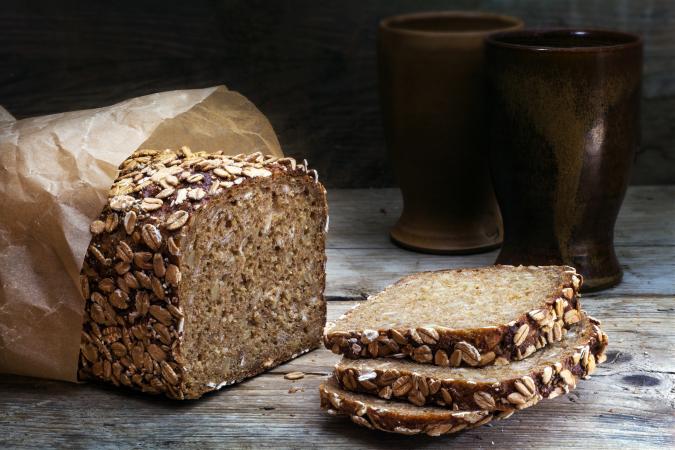Blog, Healthy Living
Whole grains decrease colorectal cancer risk, processed meats increase the risk
Colorectal cancer is one of the most common cancers. In the US, colorectal cancer is the third most common cancer among both men and women, with an estimated 371 cases diagnosed each day. The World Cancer Research Fund estimates that 47% of US colorectal cancer cases could be prevented each year through healthy lifestyle changes.
To understand the correlation between diet/lifestyle and incidence of colorectal cancer, scientists from the Harvard TH Chan School of Public Health evaluated the scientific research worldwide on how diet, weight and physical activity affect colorectal cancer risk. They analyzed 99 studies, including data on 29 million people, of whom over a quarter of a million were diagnosed with colorectal cancer.
The Harvard scientists found that eating whole grains daily, such as brown rice or whole-wheat bread, reduces colorectal cancer risk, with the more you eat the lower the risk. The report concluded that eating approximately three servings (90 grams) of whole grains daily reduces the risk of colorectal cancer by 17%. This adds to previous evidence showing that foods containing fiber decreases the risk of this cancer.
The report also found links between the consumption of fish and foods containing vitamin C with the lowered risk of colorectal cancer. Oranges, strawberries and spinach are all foods high in vitamin C. There is limited evidence correlating higher intake of non-starchy vegetables and fruit with lower risk of the cancer.
On the other hand, the study found that hot dogs, bacon and other processed meats consumed regularly increase the risk of the cancer. Other factors found to increase colorectal cancer include:
- Eating high amounts of red meat (above 500 grams cooked weight a week), such as beef or pork
- Being overweight or obese
- Consuming two or more daily alcoholic drinks (30 grams of alcohol), such as wine or beer

